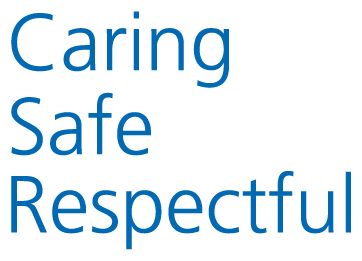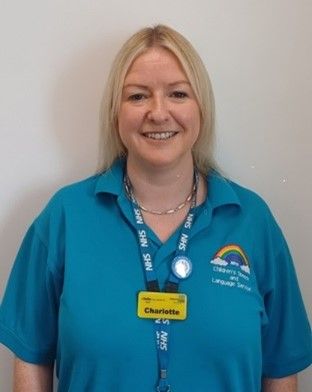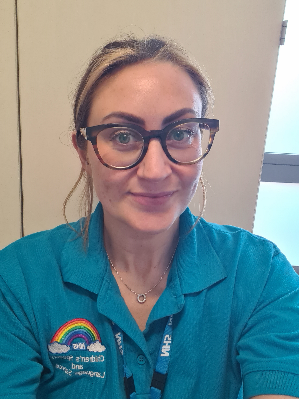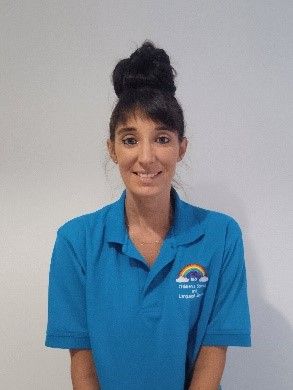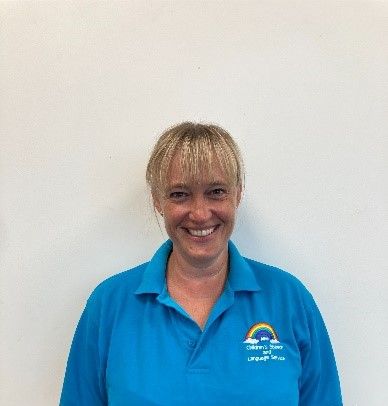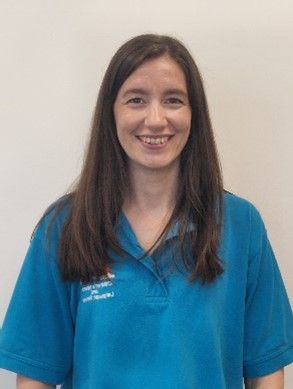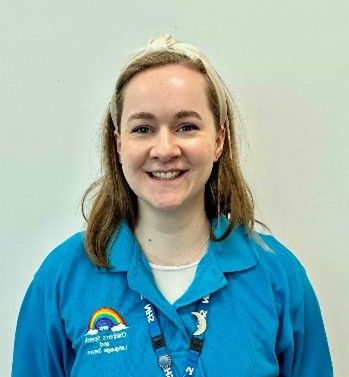What is social communication?
Social communication refers to the way people use verbal (spoken language) and nonverbal communication (eye gaze, facial expressions, gestures and body language) to interact with others in social situations in order to effectively communicate our wants and needs, to share experiences, and build relationships. This includes understanding typical unspoken social rules, taking turns in conversation, and adjusting communication styles based on the context and the other person we are communicating with.
What might differences in this area look like?
Children may experience some of the differences in the following areas:
- Slower language development
- No words/loss of words
- Uses vocalisations/echolalia (repeating language of other people)/learned phrases for self-regulation or enjoyment (and not necessarily to send messages to other people)
- Use of gestures might be inconsistent, minimally used or not used
- Might be able to label/name items but struggles using language to tell people what they want
- Preferring not to look at other people/to look at others less
- Differences interacting with peers
- Might prefer to play alone
- Differences participating in conversation e.g. less likely to engage in 'small talk'
- Preference for particular movements or 'stimming' e.g. likes to rock/spin/tap and finds this regulating
- Preference for patterns or sequences they enjoy e.g. lining up toys
- Preference for predictability e.g. enjoys eating the same food, likes to walk the same route to nursery, enjoys routine
- Enjoys play that involves organisation, matching and mechanics e.g. sorting, matching, lining up, construction
- May experience dysregulation or meltdowns when routines, places or people are not suitably predictable
- May have a particular interest which brings joy and can engage in this for long periods
- Over or under reactivity to sensory input e.g. may find loud noises difficult to cope with or may seek out sensory input with lights
- May experience sensory aversions or interests e.g. food or not liking certain textures of clothing
What we do
We are a community-based team who assess the social communication skills of children and young people aged 1-18 in Blackpool and Fylde and Wyre. In addition to assessing, we provide support to families of children on our caseload, and educational settings to ensure children are most effectively supported.
Further information about the support we offer to children and families and how we work can be found in our team leaflet: Social Communication :: Blackpool Teaching Hospitals.
| Name | Photo |
| Charlotte Glenn |
|
| Victoria Mason |
|
| Sophie Danvers |
|
| Natalie Faulkes |
|
| Michelle Walker |
|
| Flora Gigli |
|
We work across Blackpool, Fylde and Wyre working in:
- Moor Park Health Centre,
- Whitegate Health Centre,
- South Shore Primary Care Centre,
- Freckleton Health Centre,
- St Annes Health Centre,
- Fleetwood West View,
- Revoe Family Hub,
- Thornton Health Centre,
- Cleveleys Health Centre,
- Nurseries,
- Schools
- Neurokin Family - Peer support group for parents and carers of neurodivergent children and young people. Contact them by emailing neurokinfamily
@gmail.com - Aiming Higher - A charity offering different levels of family support, counselling and events to families with children who have disabilities. Find out more: Supporting Disabled Children And Their Families In Blackpool, Fylde and Wyre
- Local Family Hubs in Blackpool - Blackpool Better Start provide free services and events at community venues, libraries and green spaces that help local families. Find out more: Families – Blackpool Better Start
- Blackpool SENDIASS - SENDIASS is short for Special Educational Needs and Disability (SEND) Information, Advice Support Service (IASS) and exists to help parents and carers of children who have, or may have, special educational needs and/or disabilities; and children and young people themselves, in matters relating to their Education, Health or Social Care provision. Find out more about services in Blackpool: Blackpool SENDIASS – POINT
- Lancashire SENDIASS - Find out about services in Lancashire: SENDIAS Home - Lancashire SEND IAS
- Blackpool Local Offer - Information about what is available in Blackpool for children and young people with special educational needs and disabilities, and their families. Find out more: Blackpool Local Offer
- Lancashire Local Offer - The local offer brings together information for children and young people with special educational needs and disabilities and their families. Find out more: Special educational needs and disabilities (SEND) - local offer - Lancashire County Council
